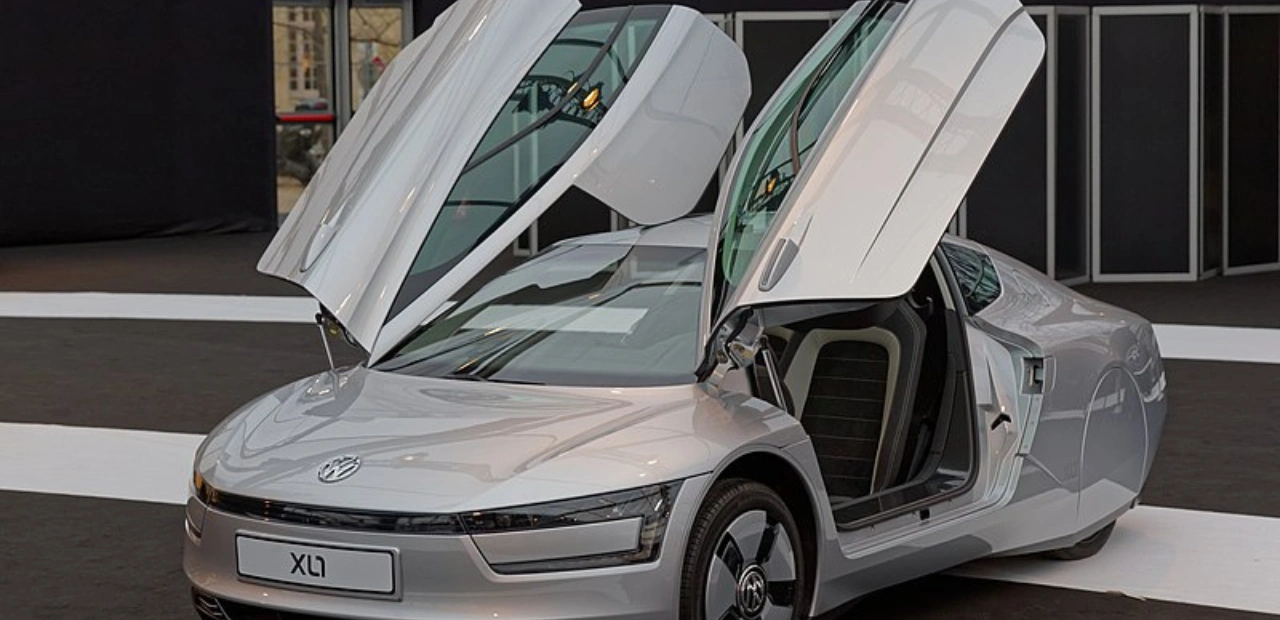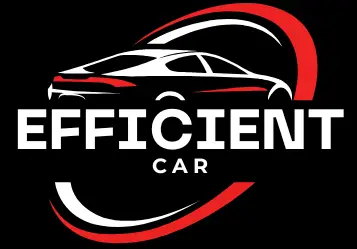How much do efficient cars cost?

The Price Range of Fuel-Efficient Vehicles: Exploring the Cost Spectrum
With the increasing demand for fuel-efficient vehicles, there is now a wide range of options available for consumers. From compact cars to SUVs, the price spectrum for these vehicles can vary greatly. At the lower end of the cost spectrum, you can find smaller sedans and hatchbacks that offer excellent fuel economy without breaking the bank. These vehicles are often equipped with efficient engines and lightweight materials, making them a practical choice for those on a budget.
On the higher end of the cost spectrum, you can find luxury hybrid and electric vehicles that not only offer fuel efficiency but also come with advanced features and cutting-edge technology. These vehicles often have larger price tags due to the high-end materials used in their construction and the expensive components required for their hybrid or electric powertrain. While they may be pricier upfront, these vehicles can provide long-term savings through reduced fuel consumption and lower maintenance costs.
Factors Influencing the Price of Efficient Cars: From Model to Technology
Price is often a major consideration when purchasing a fuel-efficient vehicle. However, there are several factors that influence the cost of these cars, ranging from the model chosen to the advanced technology incorporated. Firstly, the model of the car plays a significant role in determining its price. Generally, luxury hybrid or electric cars tend to have a higher price tag compared to smaller, more compact models. This is due to the additional features and amenities that are typically found in higher-end vehicles. Consumers who are looking for a more affordable option may need to opt for a smaller or less luxurious model to stay within their budget.
Secondly, the technology utilized in fuel-efficient cars greatly affects their price. Advanced technologies such as regenerative braking systems, lightweight materials, and more efficient engines can significantly enhance fuel efficiency. However, these technologies often come at a higher cost, which is reflected in the price of the vehicle. While they can provide long-term savings in fuel expenses, they may require a larger upfront investment. It is essential for consumers to carefully evaluate their budget and weigh the potential savings against the increased initial cost when considering a technologically advanced fuel-efficient car.
Comparing the Cost of Hybrid Cars: Is It Worth the Investment?
Hybrid cars have gained significant popularity in recent years, with many consumers considering them as a viable alternative to traditional gasoline-powered vehicles. However, before making the decision to invest in a hybrid car, it is crucial to evaluate whether the cost justifies the benefits.
One of the primary factors influencing the cost of hybrid cars is the advanced technology used in their design. These vehicles are equipped with a combination of an internal combustion engine and an electric motor, resulting in increased fuel efficiency. While this technology undoubtedly contributes to the benefits of hybrid cars, it also has a direct impact on their price tag. The incorporation of complex hybrid technology often leads to higher manufacturing costs, which are then passed on to the consumer. Therefore, potential buyers must consider whether the long-term fuel savings outweigh the initial upfront cost of purchasing a hybrid vehicle.
Electric Vehicles: Assessing the Price Tag and Long-Term Savings
The market for electric vehicles (EVs) has seen a significant growth in recent years, driven by an increased focus on sustainable transportation and a shift towards renewable energy sources. However, when considering purchasing an electric vehicle, potential buyers often find themselves contemplating the initial price tag and the long-term savings. In assessing the cost of electric vehicles, it is essential to recognize that their price range can vary widely depending on factors such as model, battery capacity, and additional features.
Generally, electric vehicles tend to be more expensive upfront compared to traditional gasoline-powered cars. This is mainly due to the high cost of the advanced battery technology used in EVs. However, it is crucial to consider the potential long-term savings that electric vehicles offer. With lower operating costs and reduced reliance on fossil fuels, EV owners can save significant amounts of money on fuel expenses over the lifetime of the vehicle. Additionally, maintenance costs are often lower for electric vehicles as they have fewer moving parts and do not require oil changes or transmission repairs. Ultimately, although the initial price tag may be higher, the long-term savings of owning an electric vehicle can make them a financially wise choice.
The Affordability of Plug-In Hybrid Cars: Balancing Cost and Environmental Impact
Plug-in hybrid cars have gained popularity in recent years due to their ability to balance cost and environmental impact. These vehicles offer a unique combination of electric and gasoline-powered engines, providing the flexibility of extended range while reducing reliance on fossil fuels. However, one of the key considerations for potential buyers is the affordability of plug-in hybrid cars.
When it comes to cost, plug-in hybrid cars tend to have a higher initial price compared to traditional gasoline vehicles. This is primarily due to the advanced technology and components required to integrate both electric and internal combustion engines. Additionally, the cost of manufacturing and battery production further adds to the overall price. Despite the initial investment, it's important to note that plug-in hybrids often come with various government incentives and tax credits, making them more accessible and affordable for environmentally conscious consumers. Furthermore, the long-term savings in fuel costs and reduced emissions can help offset the higher upfront price and lead to significant financial benefits over the life span of the vehicle.
Fuel Efficiency vs. Price: Finding the Sweet Spot for Your Budget
When it comes to purchasing a vehicle, one of the main factors that often comes into play is finding the perfect balance between fuel efficiency and price. After all, no one wants to break the bank on a car that guzzles gas, but at the same time, it's important to find a vehicle that fits within your budget. Striking the right balance between these two factors can save you both money and frustration in the long run.
To begin with, it's important to consider your own personal driving habits and needs. Are you typically driving long distances or just using your car for short commutes? Understanding how frequently and how far you'll be driving can help you determine the level of fuel efficiency that will best suit your needs. Additionally, consider the type of vehicle that will best accommodate your lifestyle. For example, if you have a family or frequently travel with a group of people, a larger vehicle with more seating capacity may be necessary, but keep in mind that larger vehicles often have lower fuel efficiency ratings. On the other hand, if you primarily drive alone or with just one or two passengers, a smaller, more fuel-efficient car may be a better choice. By carefully considering your driving habits and needs, you can narrow down your options and find the sweet spot where fuel efficiency meets your budget.
